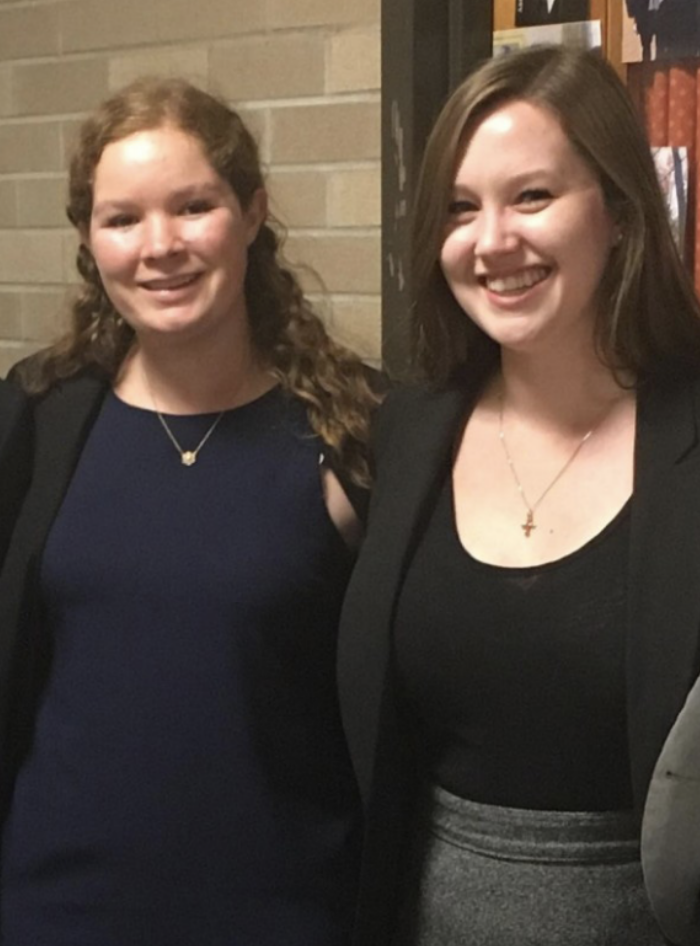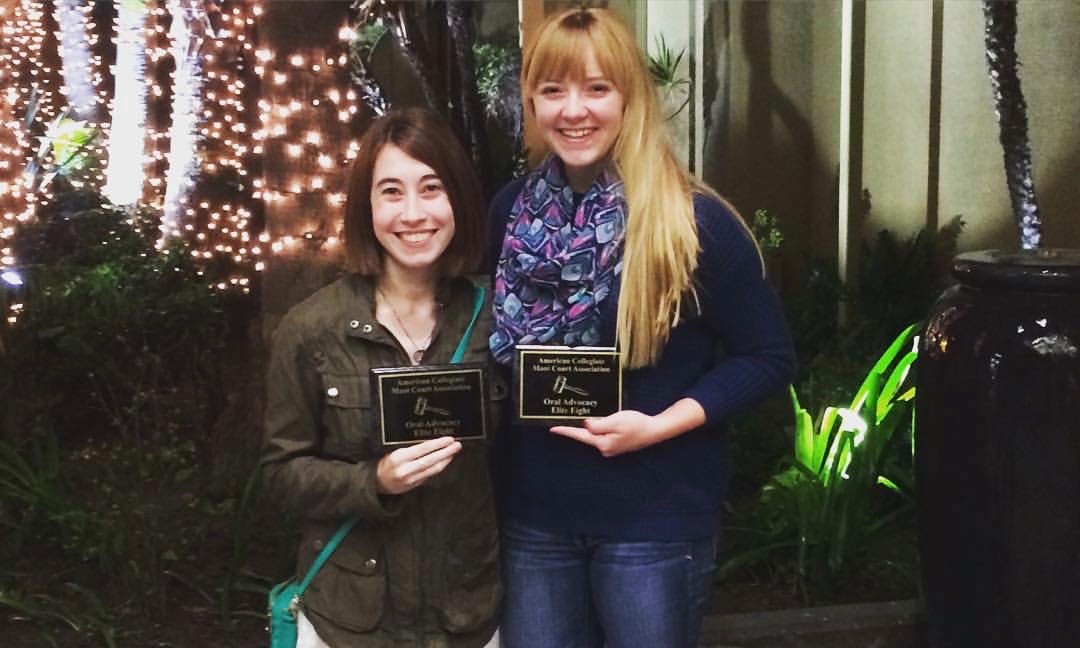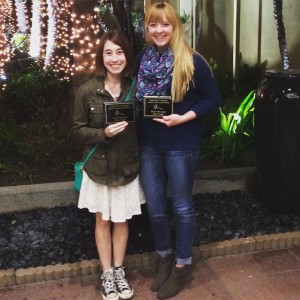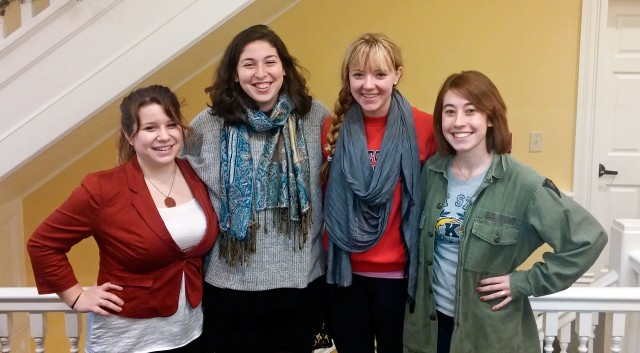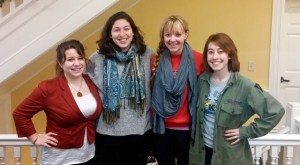By Sara Hollabaugh, Online Editor
Senior Caroline Hamilton and junior Madeleine Juszynski participated in the American Collegiate Moot Court Association’s 2016-17 national tournament, held in St. Petersburg, Florida.
Hamilton described Moot Court as a Supreme Court simulation.
“Every year, the Moot Court Association writes a new case to be argued in front of a panel of judges, usually local attorneys,” Hamilton said. “This activity is closed, which means we can only use the cases re- leased or referenced in the case we are to argue.”
Hamilton said they spent the semester using cases they were provided with to make their arguments.
“Because we argue both sides, we have to be ready for both sides,” Hamilton said. “Usually, oral arguments last
around 10 minutes [with 20 per team] and the judges are allowed to interject and ask us questions at any time.”
Hamilton added that each team participates in a regional tournament to try and qualify for nationals.
“Essentially you only have one chance to get to nationals,” Hamilton said.
Partners since fall 2016, Hamilton and Juszynski’s topic at the national tournament was voter fraud.
Juszynski said she argued the 14th Amendment and Hamilton argued the standing and First Amendment issues
They both argued for the government and the federal appeals court, which is required of Moot Court participants, Juszynski added.
Juszynski said the tournament in Florida was rewarding and Hamilton said they spent 12 hours competing at Stetson Law School.
“It was a great opportunity to meet students doing Moot Court from all over the country and argue against the best [in] the country,” Juszynski said.
Though the duo did not advance to the second day, Juszynski attributed the loss to the strength of the competition.
Hamilton added that her partner- ship with Juszynski made her experience in Florida wonderful.
“She is so incredibly smart, hard- working, and dedicated to Moot Court,” Hamilton said. “I think we worked well as partners, as we have similar argumentation styles. I consider her a close friend, so it was fun to be able to travel to Florida and experience nationals together.”
Since Hamilton is set to graduate in May, her time with Moot Court has ended, but Juszynski plans on continuing next year as a senior.
